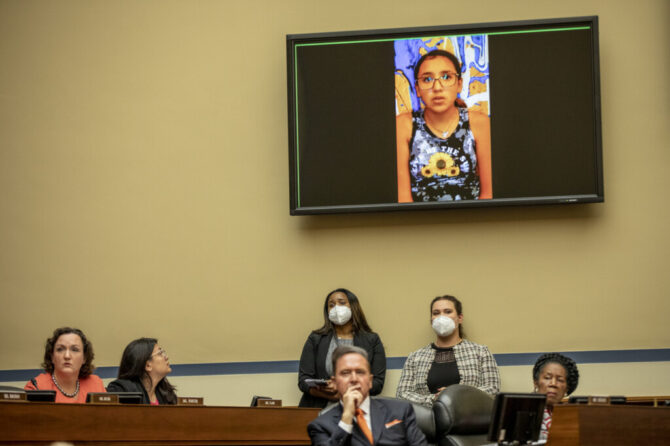BALTIMORE SUN: When Wesley Williams begins pedaling the world’s tallest ridable unicycle — it’s over 34 feet high, weighs more than 120 pounds and has just a single 20-inch wheel — he really has to commit.
“You can’t freeze up,” Williams, 25, said.
“You can change your life in a minute.”His maneuvering of the towering unicycle is part of his performance for the Ringling Bros. and Barnum & Bailey circus, Williams said. And it was that very circus, which he recalled seeing as a kid in Florida, that inspired him to take up unicycling when he received a single-wheeled cycle for Christmas at the age of 6.
Today, however, Ringling Bros. and Barnum & Bailey shows are different from the one that wowed Williams in his youth.
When “The Greatest Show On Earth” arrives at CFG Bank Arena this weekend after a six-year hiatus, performers like Williams will still defy gravity and provoke laughter, but there will be a distinct and noticeable difference: The circus will not have any animals.
Long gone are the days of pachyderm parades (the elephants were retired in 2016) and leaping cats.
“We’re thrilled to see them make this change. It’s a win for animals and people,” said Lisa Radov, the president and chair of Maryland Votes for Animals, a political action group that pushes for legislation to improve the lives of animals.
In 2017, a combination of factors, including accusations of mistreatment of animals and protests by activists who decried animals performing on demand, put an end to the spectacle of the Ringling Bros. and Barnum & Bailey circus, when its owners decided to shut it down. The last performance in Baltimore was April 30, 2017, and the circus closed the next month.“It was gut-wrenching,” said Williams, who’s performed on shows including “America’s Got Talent” and had made guest appearances with Ringling Bros. and Barnum & Bailey.“The only thing that gave hope, obviously, was that Ringling wasn’t being sold out. It was being closed … so there was room for opportunity.”
‘People loved it’
Big cat trainer and presenter Alexander Lacey performs in one of the final shows of the Ringling Bros. Barnum & Bailey Circus on May 21, 2017, in Uniondale, New York. BRUCE BENNETT Founded in 1884 by five brothers in Wisconsin, the Ringling Bros. circus grew from humble beginnings, according to Jerry Apps, a Madison, Wisconsin, author and historian who published “Ringlingville USA,” about the famous circus, in 2004.
Eventually, Ringling Bros. and Barnum & Bailey merged, and the circus is now owned by Feld Entertainment, which has produced the new nationwide tour featuring a cast of 75 performers from 18 countries around the world. The team will stage six shows in Baltimore, starting Friday.
In previous decades, the circus set up under a canvas “Big Top” tent, showcased big cat acts, featured the cracking of whips, debuted an all-girl aerial ballet, included performing sea lions, and paraded dozens of elephants through Baltimore.
“If a circus didn’t have an elephant, it wasn’t a circus,” Apps, 89, said. “The Ringling circus provided a cultural outlet for people that was unusual. It was interesting, it was inexpensive, and people loved it.”
In the early 1900s, the circus had 1,000 employees, 600 horses and 40 elephants, Apps said. During a time before television, the circus boasted an opportunity to enjoy live entertainment and music — and was also a chance for audiences to behold animals that they hadn’t seen before.
“The kids, and the adults as well, they got to see elephants and they got to see tigers,” Apps said. “I mean, gee whiz. If you’re a little town that’s got six, seven hundred people, this is an amazing thing to have the circus come to town.”
Apps wasn’t surprised when the circus closed in 2017, because “it just didn’t fit” anymore, with so many other outlets for entertainment and with zoos so widely accessible, he said.
For decades, the Humane Society of the United States put effort into trying to stop the use of animals in circuses, said Kitty Block, the nonprofit’s CEO and president. In 2014, the group was among a number of animal rights organizations that paid nearly $16 million to settle litigation with Feld Entertainment over allegations concerning the circus’s treatment of elephants.
There is “nothing humane” about wild animals being moved from city to city as a part of traveling circuses, Block said, or being made to perform circus tricks.
“These traveling circuses, these shows, have never been anything more than cruelty to animals,” she said.










